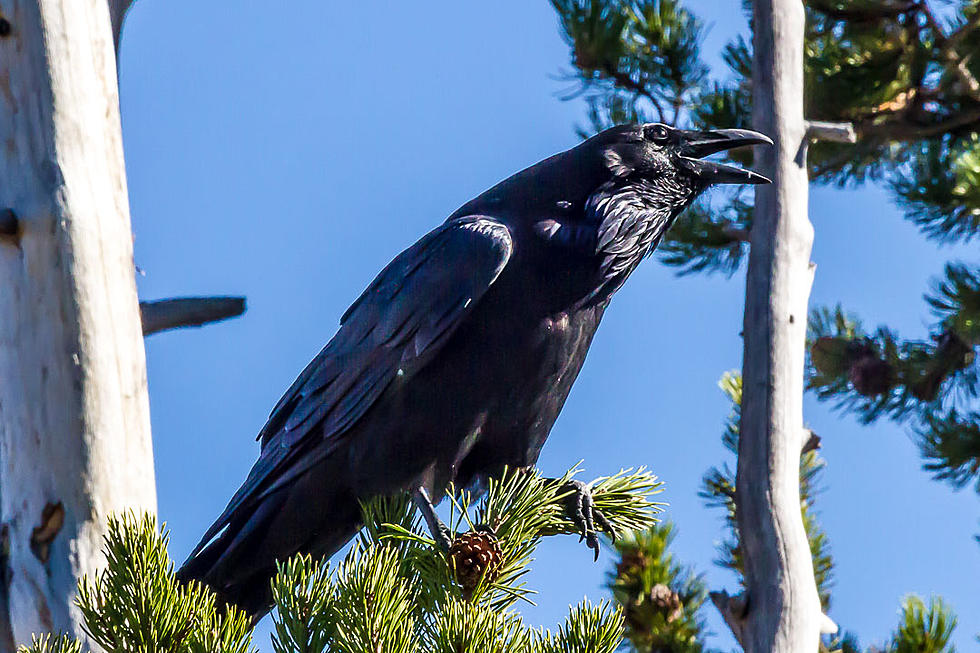
Montana Hunters Kill Charging Grizzly in Self Defense
Montana is grizzly bear country. When you venture into Montana's backcountry, you have a good chance of encountering a grizzly.
Archery season in Montana is currently underway, and the state's general hunting season will begin later this month. During autumn in Montana, bears are fairly active in preparation for the long cold winter ahead.
There have been countless stories about hunters having encounters with grizzly bears in Montana, and it's important to be prepared before you head out to bag your yearly harvest.

According to a press release from Montana Fish, Wildlife, and Parks, a small group of hunters shot and killed a grizzly bear in the backcountry east of Gardiner on Oct. 3. The hunters were processing a harvested elk near Bull Mountain during an early-season rifle hunt in Hunting District 316 when they encountered a grizzly bear. The bear proceeded to charge at the group. In self-defense, the hunters shot and killed the bear. Thankfully, none of the members of the hunting party were injured. Montana FWP says the bear was a 3-5-year-old female with no cubs.
Wildlife and enforcement staff from Montana FWP and the Custer Gallatin National Forest’s Gardiner Ranger District met with the hunters and confirmed the death of the bear. The incident is still under investigation by the U.S. Fish and Wildlife Service.
Montana wildlife officials warn that bears will be active throughout the general hunting season. Activities that are deliberately quiet or fast-moving, such as hunting, mountain biking or trail running, put people at greater risk for surprising a bear.
Here are a few bear safety tips if you plan on spending time in Montana's outdoors.
- Be aware of your surroundings and look for signs of bear activity.
- Read signs at trailheads and stay on trails. Be especially careful around creeks and in areas with dense brush.
- Carry bear spray. Know how to use it and be prepared to deploy it immediately.
- Travel in groups whenever possible and make casual noise, which can help alert bears to your presence.
- Stay away from animal carcasses, which often attract bears.
- Follow food storage orders from the applicable land management agency.
- If you encounter a bear, never approach it. Leave the area when it is safe to do so.
LOOK: Things from the year you were born that don't exist anymore
LOOK: Here are the pets banned in each state
More From KMPT-AM









